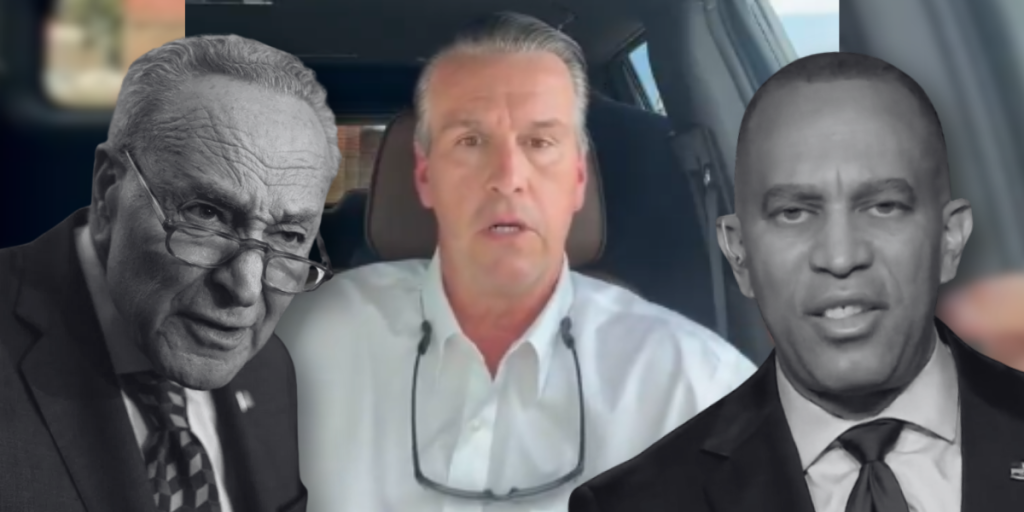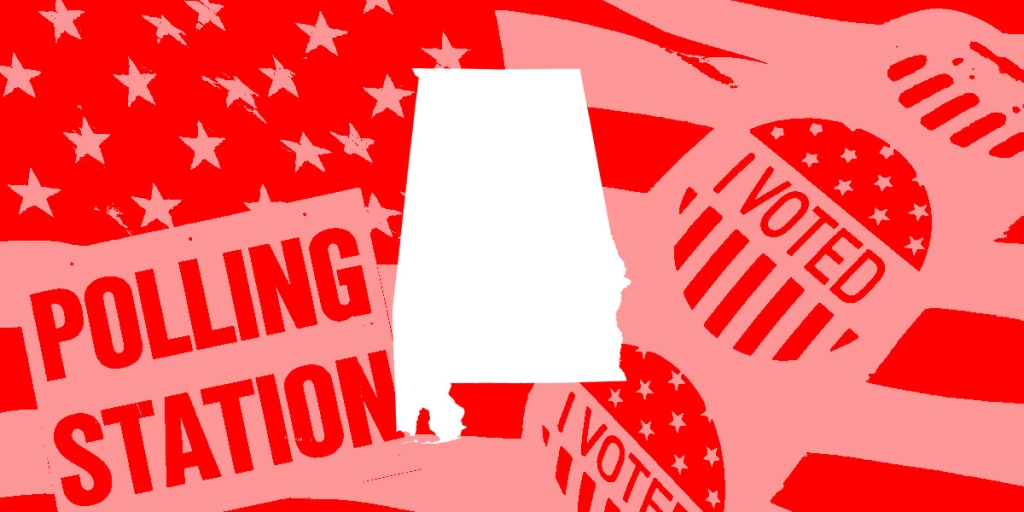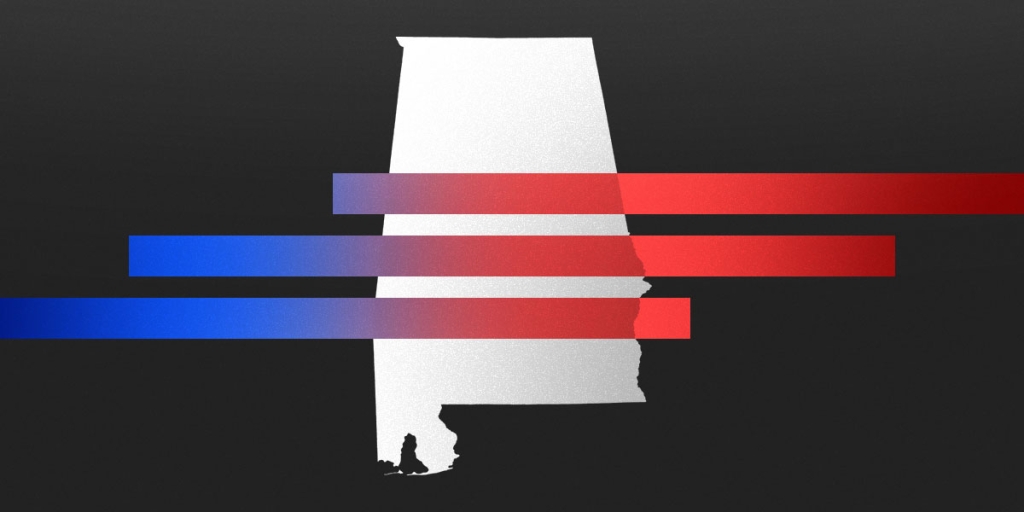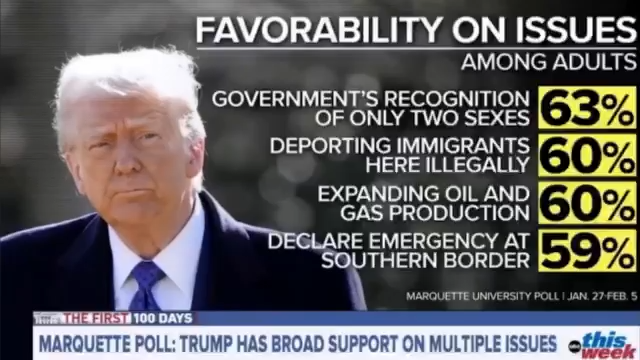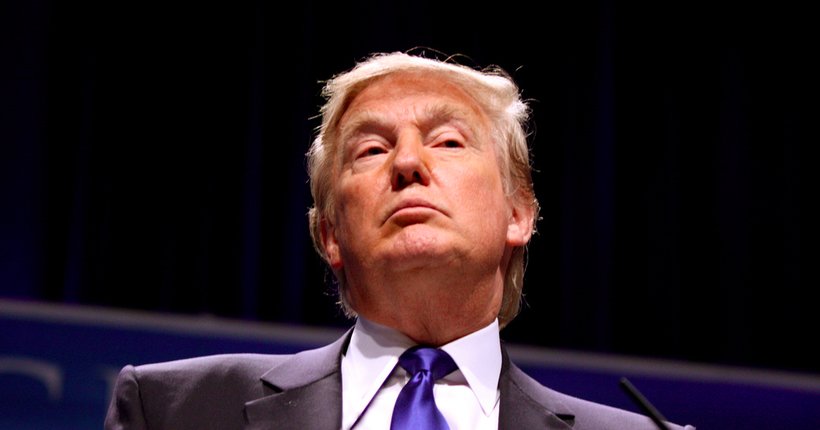
With the upcoming SEC Primary on Tuesday, Alabamians will finally have their chance to impact the 2016 Race in a substantive way; or so they think. Donald Trump already maintains a large polling lead in Alabama, but the votes cast for lower-tier candidates might end up aiding the real estate tycoon even more, thanks to a little-known rule set by the state Republican Party.
Alabama has 50 delegates up for grabs in the Republican race. Those delegates will be awarded proportionally, meaning that if a candidate gets 20% of the vote, he will also get 20% of the delegates.
However, there are some caveats to this rule.
Alabama becomes “winner-take-all” if a candidate exceeds 50% of the vote statewide or in certain congressional districts. It is highly unlikely that any candidate will reach that threshold in such a crowded race. However, there is another threshold that will undoubtedly come into play.
According to election website 270 To Win, the minimum threshold to receive any Alabama delegates is 20% of the popular vote.
Only candidates who exceed the 20% threshold share in the delegate allocation.
For instance, if candidate A receives 40% of the popular vote, candidate B receives 20% of the vote, and no other candidate exceeds the 20% threshold, candidate A and candidate B will split the delegates, with candidate A receiving twice as many. No other candidates would receive a share of the delegates.
An independent poll of Alabama’s Republican presidential primary shows Trump with a large lead heading into the state’s March 1st primary, with Senator Marco Rubio (R-Fla.) in second and Senator Ted Cruz (R-Tx.) in third.
The “flash survey” conducted by Master Image, a Homewood-based political consulting firm, shows Donald Trump with 36% support. Rubio is at 19% and Cruz is at 12%. The rest of the candidates are in single digits and 17% of voters remain undecided with less than a week to go.
There is a (very) long-shot chance that Trump could get to 50%, if most of the undecided voters swing his way. However, the more likely scenario is that Rubio’s strong debate performance on Thursday and his upcoming events in the state will push him over 20%, while Cruz pulling resources out of the state and the other candidates’ low polling numbers will keep them all below the minimum threshold.
If that happens, all of the Ben Carson, Ted Cruz and John Kasich supporters would essentially be casting their vote for Donald Trump, and to a lesser degree Marco Rubio, since their delegates will be split among them.
Democracy in action.
(This article has been updated to further clarify the delegate allocation.)




